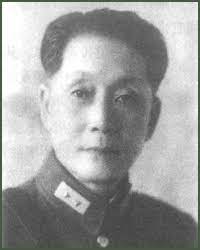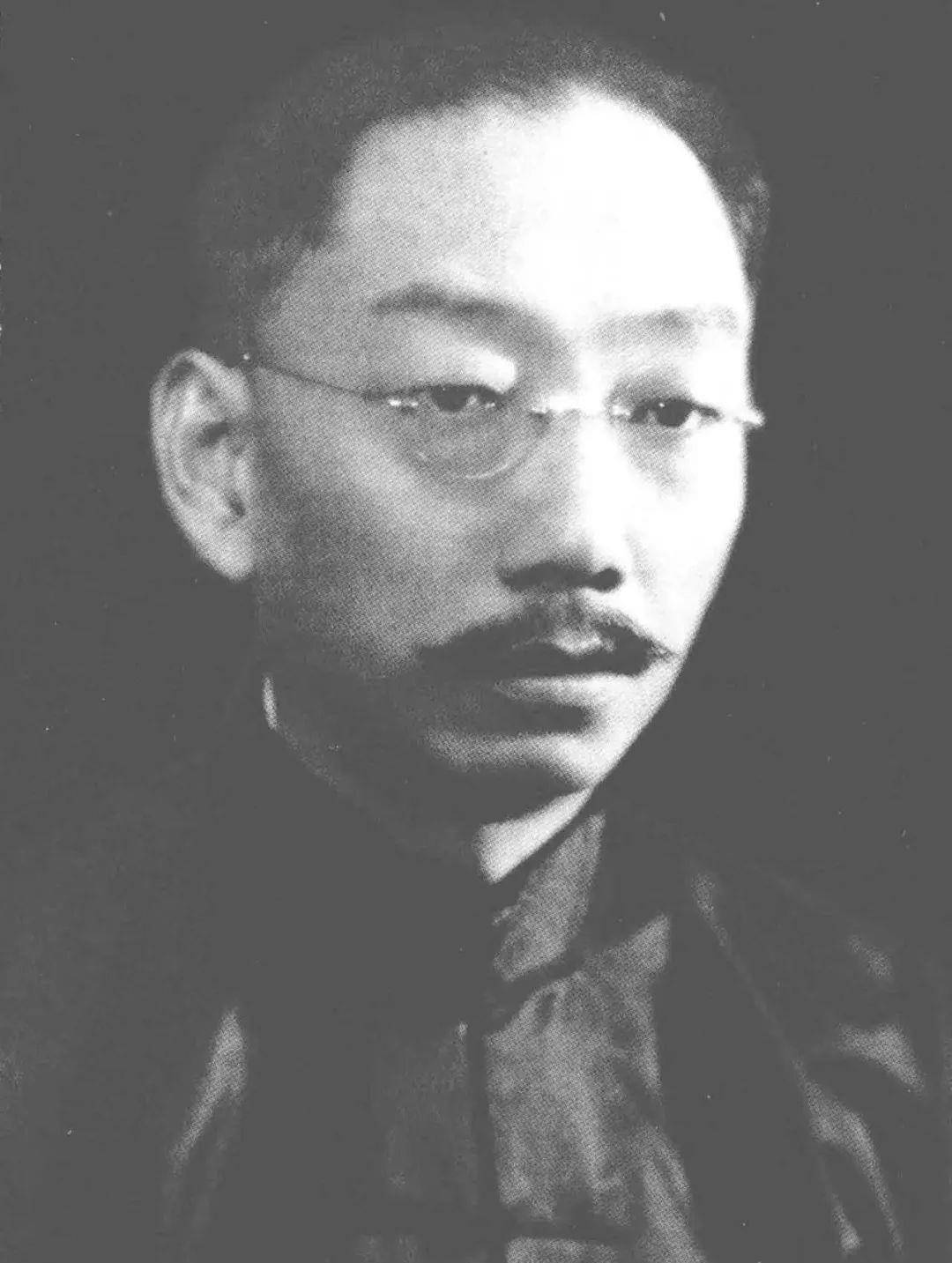Lin Ch'ang-min (16 July 1876-December 1925), scholar and government official who devoted his life to the development of constitutionalism and parliamentary government in China. He met an untimely end after joining Kuo Sungling at the time of Kuo's 1925 revolt against Chang Tso-lin. Although he was born in Hangchow, Lin Ch'ang-min was a native of […]






